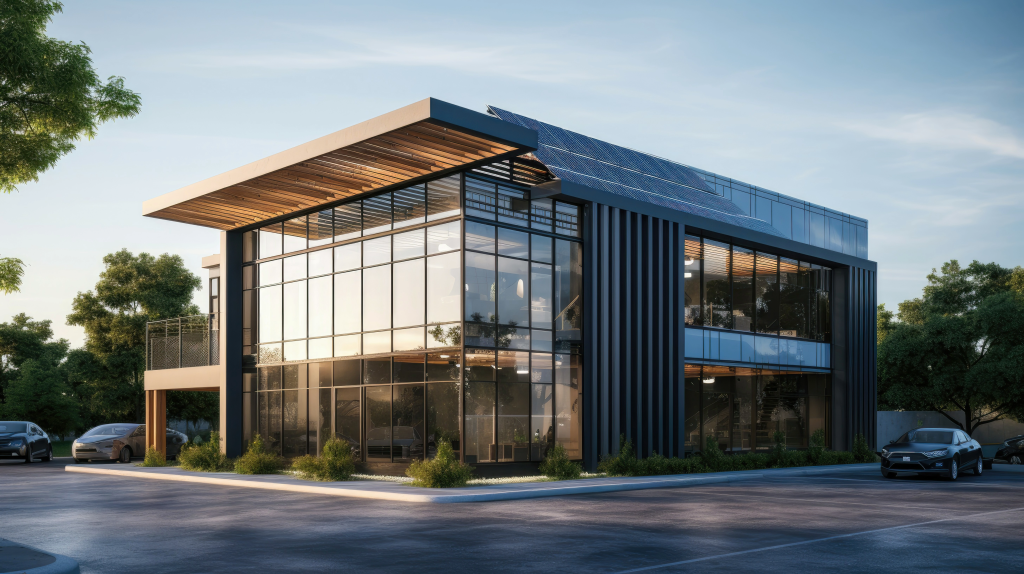
The push for decarbonization in real estate is no longer a distant future concern. With buildings responsible for nearly 40 percent of global energy-related emissions, the need to reduce carbon output in the built environment is undeniable.
Yet, the pace of change remains slow, despite the growing financial and regulatory pressures.
Decarbonization Pressure by the Numbers
- 35 million buildings in Europe need to be renovated by 2030 to meet the targets of the EU Renovation Wave. Despite these looming deadlines, 75 percent of European properties are still classified as energy inefficient, illustrating the scale of the challenge.
- Surprisingly, many in the industry still rely on outdated tools: 50 percent of real estate companies are still using manual processes like Excel for renovation planning. This limits the ability to optimize renovations for both cost and sustainability – slowing down progress significantly.
- The significance of ESG (Environmental, Social, Governance) in real estate is undisputed: over 90 percent of professionals expect it to be the most influential factor shaping the industry by 2050. But with fragmented data and limited technology adoption, the renovation wave has yet to pick up the speed needed to meet decarbonization goals.
The Financial Impact of Inaction: Two forces at play
The financial implications of ignoring this trend are critical. Properties that fail to meet energy efficiency standards will not only become harder to rent or sell but could actively lose value as sustainability becomes a key market differentiator.
- Brown discount: Properties that are slow to decarbonize are seeing rapid declines. Buildings with poor energy performance (rated C or D) have seen their values drop by 8 percent between 2022 and 2023.
- Green premium: And today, "Green" properties are already valued up to 20 percent higher than their non-efficient counterparts. The green premium illustrates how energy efficiency is now a key factor in driving property value.
The Path Forward: Act Now, Gain Later
Yet, 47 percent of real estate companies are still hesitant to adopt advanced technologies, that can help to decide for investments and renovation strategies; Often due to concerns about complexity or unclear ROI.
But the evidence is clear: properties that embrace energy efficiency and decarbonization strategies will not only stay compliant with evolving regulations but also secure a competitive advantage in an increasingly sustainability-driven market. Adopting decarbonization strategies today means not only safeguarding against future regulatory risks but also unlocking significant value in the process.
With the right Software or Real Estate Decision Intelligence and a clear focus on sustainability, the road to Net Zero is paved with both environmental and financial rewards.
Discover how Optiml's Real Decision Intelligence platform can help you optimize renovation strategies and capture the growing green premium. Join the leading real estate companies already securing their future - book a demo today.
